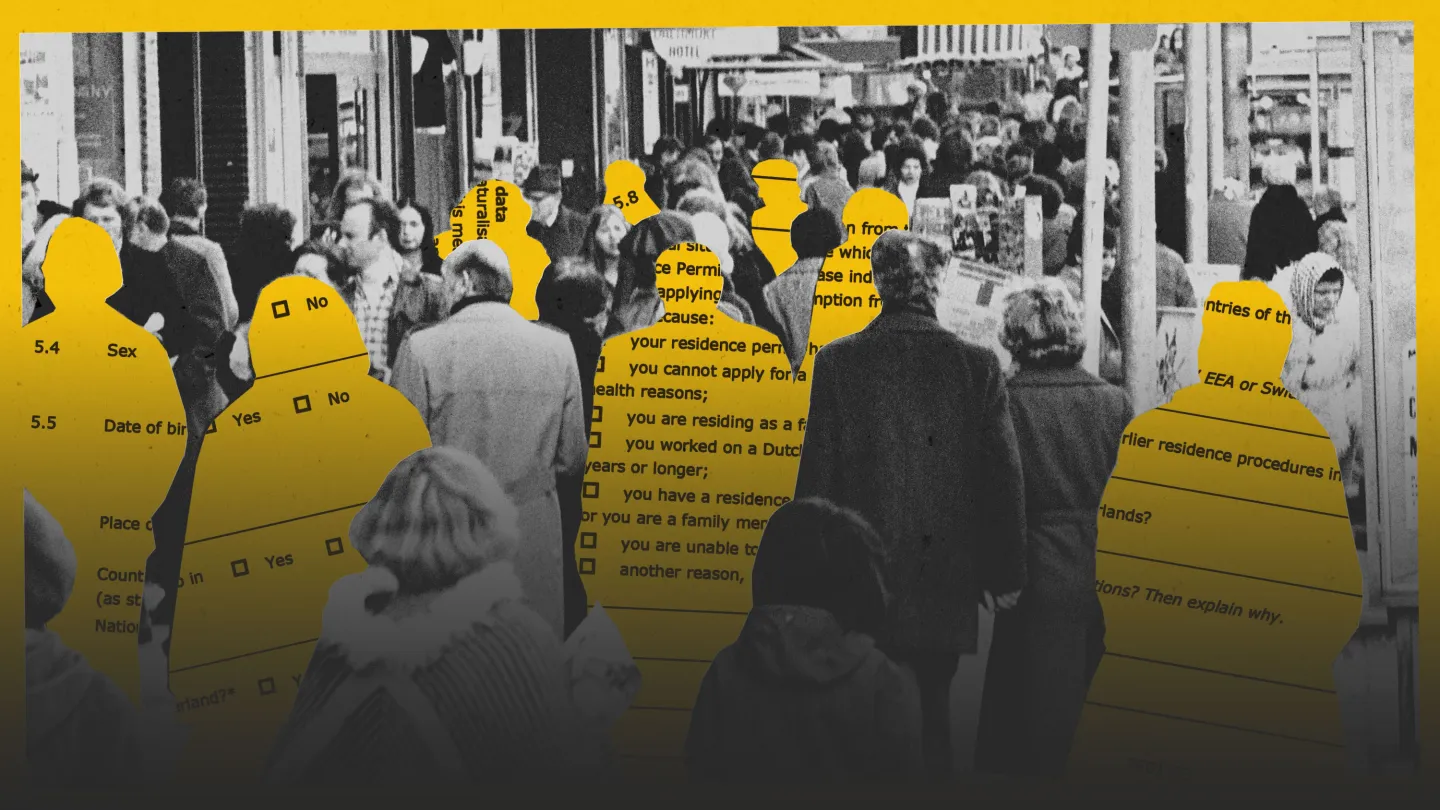This is today’s edition of The Download, our weekday newsletter that provides a daily dose of what’s going on in the world of technology.
“We will never build a sex robot,” says Mustafa Suleyman
Mustafa Suleyman, CEO of Microsoft AI, is trying to walk a fine line. On the one hand, he thinks that the industry is taking AI in a dangerous direction by building chatbots that present as human: He worries that people will be tricked into seeing life instead of lifelike behavior.
On the other hand, Suleyman runs a product shop that must compete with those peers. Last week, Microsoft announced a string of updates to its Copilot chatbot designed to make Copilot more expressive, engaging, and helpful.
Will Douglas Heaven, our senior AI editor, talked to Suleyman about the tension at play when it comes to designing our interactions with chatbots and his ultimate vision for what this new technology should be. Read the full story.
An AI adoption riddle
—James O’Donnell, senior AI reporter
A few weeks ago, I set out on what I thought would be a straightforward reporting journey.
After years of momentum for AI, hype had been slightly punctured. First there was the underwhelming release of GPT-5 in August. Then a report released two weeks later found that 95% of generative AI pilots were failing, which caused a brief stock market panic. I wanted to know: Which companies are spooked enough to scale back their AI spending?
But if AI’s hype has indeed been punctured, I couldn’t find a company willing to talk about it. So what should we make of my failed quest?
This story originally appeared in The Algorithm, our weekly newsletter on AI. To get stories like this in your inbox first, sign up here.
The must-reads
I’ve combed the internet to find you today’s most fun/important/scary/fascinating stories about technology.
1 Hundreds of thousands of ChatGPT users exhibit severe mental health symptoms
That’s according to estimates from OpenAI, which says it has tweaked GPT-5 to respond more effectively to users in distress. (Wired $)
+ OpenAI won’t lock access to force users to take a break, though. (Gizmodo)
+ Why AI should be able to “hang up” on you. (MIT Technology Review)
2 Elon Musk has launched his answer to Wikipedia
Grokipedia’s right-leaning entries reflect the way the billionaire sees the world. (WP $)
+ Several pages perpetuate historical inaccuracies and conservative views. (Wired $)
+ The AI-generated encyclopedia briefly crashed shortly after it launched. (Engadget)
3 Surgeons have removed a pig kidney from a patient
It was the longest-functioning genetically engineered pig kidney so far. (Wired $)
+ “Spare” living human bodies might provide us with organs for transplantation. (MIT Technology Review)
4 Amazon is planning to cut up to 30,000 corporate jobs
Partly in response to staff’s reluctance to return to the office five days a week. (Reuters)
+ The company is planning yet another round of layoffs in January. (NYT $)
5 Older people can’t get enough of screens
Their digital habits mirror the high usage typically observed among teenagers. (Economist $)
6 A British cyclist has been given a 3D-printed face
Dave Richards received severe third-degree burns to his head after being struck by a drunk driver. (The Guardian)
7 The twitter.com domain is being shut down
Make sure you re-enroll your security and passkeys before the big switch-off. (Fast Company $)
+ It means the abandoned accounts could be sold on. (The Verge)
+ But 2FA apps should be fine—in theory. (The Register)
8 When is a moon not a moon?
Believe it or not, we don’t have an official definition. (The Atlantic $)
+ Astronomers have spotted a “quasi-moon” hovering near Earth. (BBC)
+ The moon is just the beginning for this waterless concrete. (MIT Technology Review)
9 Threads’ ghost posts will disappear after 24 hours
If anyone saw them in the first place, that is. (TechCrunch)
10 In the metaverse, anyone can be a K-pop superstar
Virtual idols are gaining huge popularity, before crossing over into real-world fame. (Rest of World)
+ Meta’s former metaverse head has been moved into its AI team. (FT $)
Quote of the day
“The impulse to control knowledge is as old as knowledge itself. Controlling what gets written is a way to gain or keep power.”
—Ryan McGrady, senior research fellow at the University of Massachusetts Amherst, reflects on Elon Musk’s desire to create his own online encyclopedia to the New York Times.
One more thing

Inside Amsterdam’s high-stakes experiment to create fair welfare AI
Amsterdam thought it was on the right track. City officials in the welfare department believed they could build technology that would prevent fraud while protecting citizens’ rights. They followed these emerging best practices and invested a vast amount of time and money in a project that eventually processed live welfare applications. But in their pilot, they found that the system they’d developed was still not fair and effective. Why?
Lighthouse Reports, MIT Technology Review, and the Dutch newspaper Trouw have gained unprecedented access to the system to try to find out. Read about what we discovered.
—Eileen Guo, Gabriel Geiger & Justin-Casimir Braun
We can still have nice things
A place for comfort, fun and distraction to brighten up your day. (Got any ideas? Drop me a line or skeet ’em at me.)
+ Happy 70th birthday to Bill Gates, who is not revered enough for his chair-jumping skills.
+ Bring back Guitar Hero—the iconic game that convinced us all we were capable of knocking out Heart’s Barracuda (note: the majority of us were not.)
+ Even the swankiest parts of London aren’t immune to rumours of ghostly hauntings.
+ Justice for medieval frogs and their unfair reputation! 🐸






















